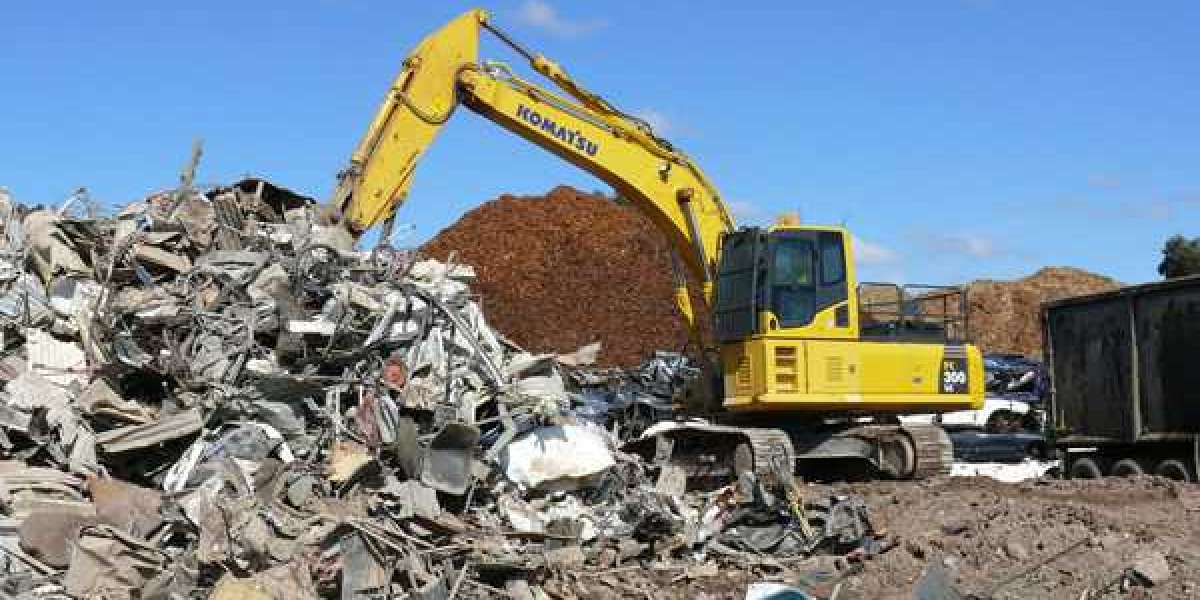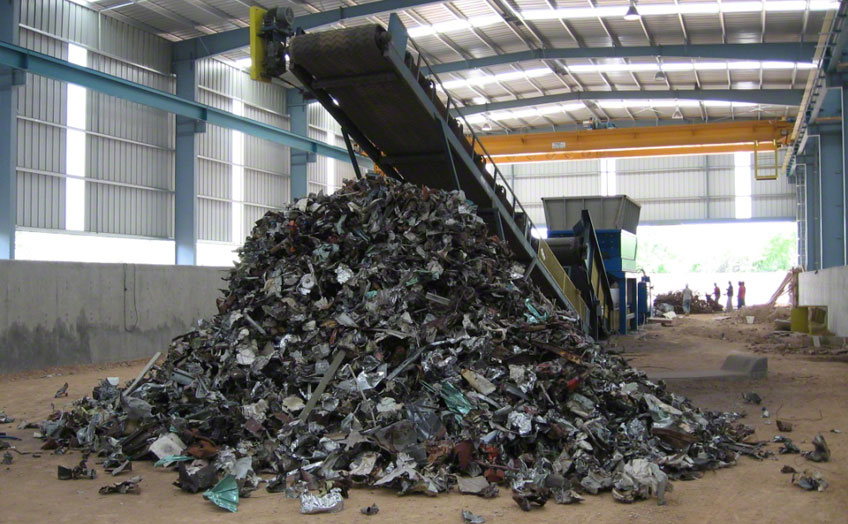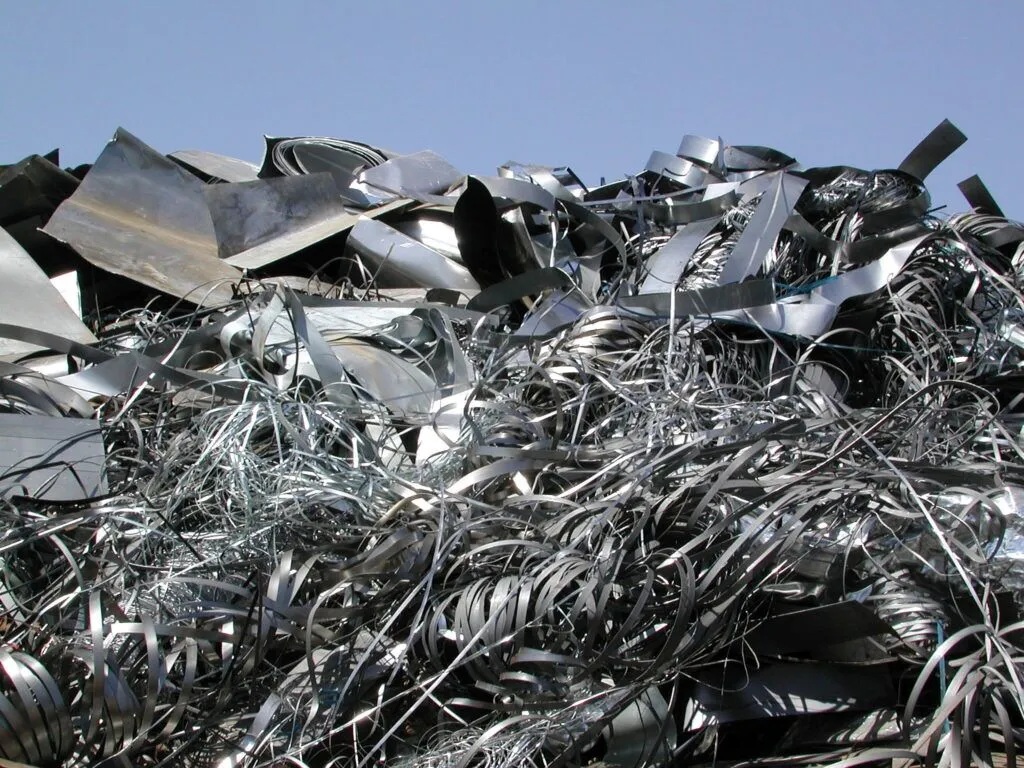
Scrap metal prices play a pivotal role in the recycling industry, influencing businesses, consumers, and even global economies. Whether you are an individual looking to recycle old metal items or a scrap metal dealer seeking to stay competitive, understanding the factors that affect scrap metal prices Melbourne is crucial.
In this blog, we will delve into the intricacies of scrap metal pricing, exploring the market dynamics, key influencers, and how to make the most of this ever-changing industry.
Supply and Demand
Like any other commodity, scrap metal prices are influenced by the fundamental economic principle of supply and demand. When the demand for scrap metal is high and the supply is limited, prices tend to surge.
Conversely, when the supply exceeds demand, prices may decline. The demand for scrap metal is driven by various industries, including construction, automotive, manufacturing, and technology, which utilise recycled metal for cost-effectiveness and sustainability.
Global Market Trends
Scrap metal prices are not solely determined by local factors but are also impacted by global market trends. International trade, economic growth, and geopolitical factors can lead to fluctuations in scrap metal prices.
Events such as trade disputes, economic recessions, or major infrastructure projects in different parts of the world can create ripple effects on scrap metal pricing.

Metal Composition and Quality
The type and quality of scrap metal significantly affect its price. Different metals hold distinct values, with precious metals like gold and platinum fetching higher prices than common ferrous metals like steel or iron.
Moreover, the purity and cleanliness of the scrap metal also influence its value. Clean and separated metal is often preferred and yields better prices as it requires less processing.
Energy Prices
Energy costs have a direct impact on scrap metal prices Melbourne wide. Scrap metal recycling involves energy-intensive processes like melting, refining, and transportation.
Fluctuations in energy prices can influence the overall production costs, which, in turn, affect the final price paid to scrap metal sellers.
Currency Exchange Rates
For countries involved in international scrap metal trade, currency exchange rates play a crucial role. When the local currency weakens against other major currencies, exporting scrap metal becomes more lucrative, leading to increased demand and potentially higher prices for scrap metal within the country of origin.
Government Policies and Regulations
Government policies and regulations related to the recycling industry also affect scrap metal prices. Environmental regulations, import/export duties, and incentives for recycling can influence the supply chain and demand dynamics of scrap metal. Understanding these policies is essential for scrap metal businesses to navigate the market effectively.
Seasonal Fluctuations
Scrap metal prices can experience seasonal fluctuations. For instance, construction activities tend to peak during the warmer months, increasing the demand for scrap metal during those periods. Being aware of these seasonal trends can help sellers time their sales to maximise profits.
Economic Growth and Industrial Output
The overall economic health of a country or region has a substantial impact on scrap metal prices. During times of economic growth and increased industrial output, the demand for raw materials, including scrap metal, rises. Conversely, economic slowdowns can lead to reduced demand and lower prices.
Environmental Awareness and Sustainability
As global awareness of environmental issues grows, the demand for recycled materials, including scrap metal, is also on the rise. Many industries are actively seeking sustainable practices, making recycled metal more desirable and potentially leading to higher prices in the long run.
Conclusion
In conclusion, scrap metal prices Melbourne are subject to a myriad of factors that shape the recycling industry’s landscape. Understanding the market dynamics, supply and demand forces, global trends, metal composition, and the impact of government policies is essential for both sellers and buyers. Being well-informed about these influences can help individuals and businesses make better decisions and seize opportunities in this ever-changing and crucial sector of the economy. Whether you are a scrap metal enthusiast, a small-scale recycler, or a large scrap metal dealer, staying informed about scrap metal prices can make all the difference in your success within the recycling industry.





